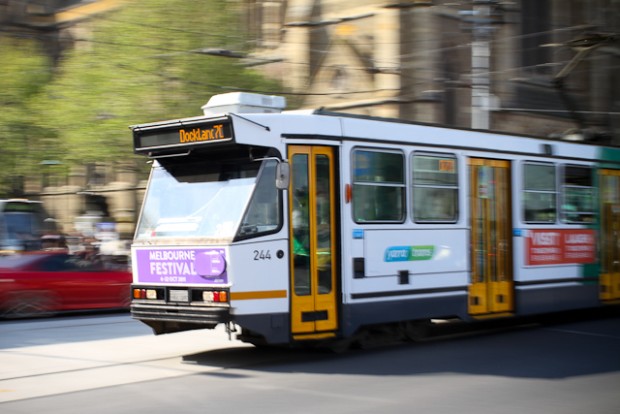1 in 3 international students evade fares: “it’s just too expensive”
IN a small survey conducted by Meld Magazine, around one in three international students said they occasionally fare evade, while around 20 per cent of Melbournians do.
This means many are risking the occasional $180 fine rather than paying every time they use the public transport.
Such fare evasion been estimated to cost the government nearly $80 million in revenue.
One international student who didn’t want to be named said, “I fare evade because it’s not worth it to buy two-hour ticket where I’ll just use it for less than 10 minutes journey.”
Another unnamed student also said, “If I travel from zone one to zone two, I fare evade because I need to pay extra $10 for a daily full fare, where I might only use train in the zone two for only about two stops.”
Others confessed that they were simply “broke”, and were reluctant to pay more for such an expensive public transport.
The Australian Bureau of Statistics showed that living cost has risen to 4.9 per cent. Melbourne shoppers have paid 30.7 per cent more for fruit, 19.5 per cent more for vegetables, 11 per cent more in electricity, and 17 per cent more in water bills compared to last year.
Previous worldwide study done by the UK-based Economist Intelligence Unit has compared the cost of living in major cities. While Tokyo was still the most expensive city in the world, Melbourne was not far behind at seventh, proving more costly than London, New York, and Hong Kong.
Although Victoria and New South Wales are the only remaining states in Australia where international students must pay full fare prices for public transport, previous attempts for equal fares have not been successful.
Strategic policy director of Australian Education International, Patrick Willix, said this was largely because 70 per cent of Australia’s international students are located in Victoria and NSW, hence making it very costly for the government to subsidise the travel fares.
Documents obtained by The Australian under Freedom of Information laws have revealed that Victorian officials expect ending the discriminatory policy would cost $92 million.

